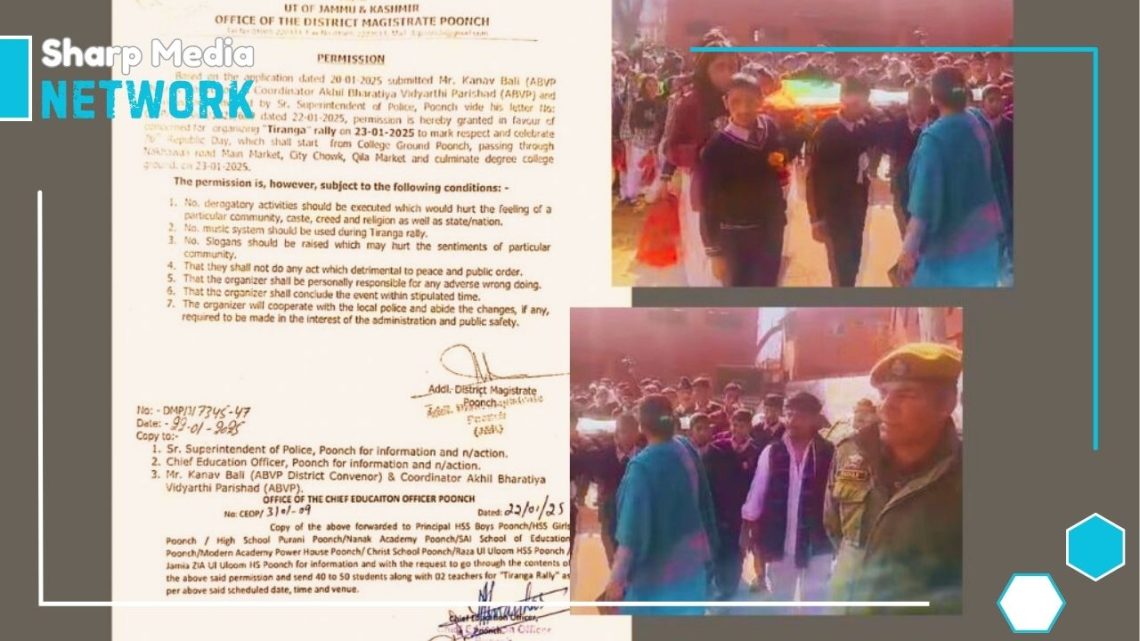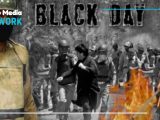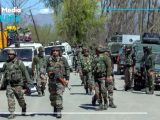
Students in IIOJK Forced to Attend Pro-Hindutva Rally
January 25, 2025In a troubling move, students in IIOJK were coerced into participating in a rally organized by a Hindutva group, raising serious concerns about the use of education as a tool for political and ideological propaganda.
In Indian illegally occupied Jammu and Kashmir (IIOJK), students in Poonch district were recently forced to take part in an Indian flag rally organized by the Akhil Bharatiya Vidyarthi Parishad (ABVP), a student organization linked to the Hindutva ideology. This directive came from the Chief Education Officer of Poonch, who instructed the heads of both government and private schools to ensure the attendance of students and teachers at the event, which took place on Thursday.
This move has sparked widespread outrage among political leaders and observers, who see it as an attempt to use education as a vehicle for promoting political ideologies aligned with the ruling Bharatiya Janata Party’s (BJP) Hindutva agenda. The Peoples’ Democratic Party (PDP) was quick to condemn the decision, with PDP leader Iltija Mufti accusing the IIOJK administration of turning educational institutions into propaganda tools.
In a post on social media platform X, Mufti expressed her outrage, stating, “The J&K Education Department, under the NC government, has made it mandatory for students from private and public schools in Poonch to attend an ABVP rally that normalizes anti-Muslim bigotry. Using education as a propaganda tool by forcing students into ideological events is both unacceptable and condemnable.”
The criticism was further echoed by Waheed Para, a PDP leader and Member of Legislative Assembly (MLA) from Pulwama, who took aim at the National Conference-led administration for allowing such coercive practices. Para reminded the public that Chief Minister Omar Abdullah, who had once opposed such measures, now seemed complicit in facilitating them. He said, “The NC government has failed to deliver on key commitments, including the restoration of Article 370, release of political prisoners, and the rollback of draconian laws like PSA and AFSPA. U-turns and betrayal remain the hallmark of this administration.”
This controversial move is seen by many as part of a broader strategy by the Indian government to reshape the sociopolitical landscape of the region, undermining the cultural identity and aspirations of the Kashmiri people. The forced participation of students in such rallies is viewed as an attempt to normalize the Hindutva narrative, further marginalizing the Muslim-majority population of IIOJK.
Observers believe this marks a dangerous shift in the educational system, where the freedom of thought and expression is being replaced by ideological conformity. The use of schools and other educational institutions to promote divisive political ideologies not only erodes the right to a neutral and unbiased education but also threatens to create deeper rifts in a region already struggling under the weight of occupation and repression.
These developments are part of an ongoing effort to reshape IIOJK’s political and cultural landscape, which has raised alarm among those who fear that such measures will further alienate the region’s people from the Indian state. As political leaders and residents of IIOJK continue to speak out, the issue of education as a tool for ideological manipulation remains a key point of contention in the region’s broader struggle for justice and autonomy.

